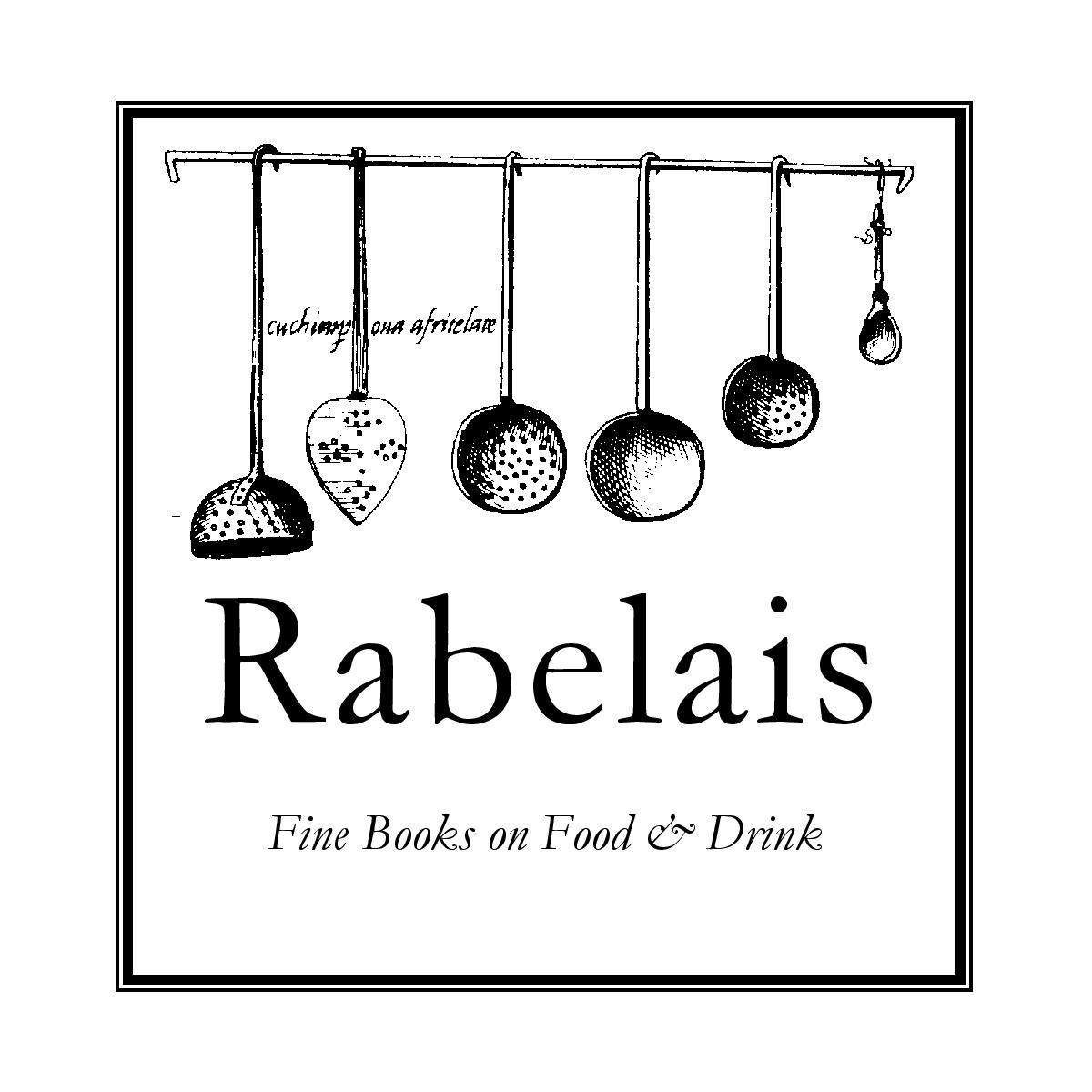signed first edition
1830 · Watertown [New York]
by [Knowlton & Rice]
Watertown [New York]: Knowlton & Rice, 1830. Duodecimo (13.5 x 17.5 cm.), v, 120 pages. Table of contents at rear. FIRST EDITION. It has been suggested that the authors of this book are George Willard Knowlton (one half of the team of Knowlton & Rice) and his wife, Elizabeth Carroll. The book is clearly intended for the "American Publick" as it states in the introduction. Within you will find no "English, French and Italian methods of rendering things indigestible, which are of themselves innocent, or of distorting and disguising the most loathsome objects to render them sufferable to already vitiated tastes... These evils are attempted to be avoided. Good republican dishes and garnishing, proper to fill an every day bill of fare, from the condition of the poorest to the richest individual." ~ Some foxing throughout and staining to a few central leaves, but overall nearly very good, Minor annotations throughout text. In printer's original scale board binding with titled sugar paper over patterned cloth. Title and floral design to front and rear paper-covered boards. The binding is worn, and both front and rear scale boards are split horizontally and show signs of an early tape repair; the patterned brown cloth on the spine is also worn. Nonetheless, it remains an intriguing and attractive object. Ownership inscription to free front end paper, "Lucinda Duncanson, Ithaca July 23d 1833". Duncanson was the grandmother of Harry Burleigh (1866-1949), the "first black composer who was instrumental in developing characteristically American music, Burleigh made black music available to classically trained artists both by introducing them to spirituals and by arranging spirituals in a more classical form.[3] Burleigh also introduced Antonín Dvo ák to Black American music, which influenced some of Dvo ák's most famous compositions and led him to say that Black music would be the basis of an American classical music" (Wikipedia). Burleigh's grandfather, who was blind, received manumission from his enslavement in Somerset County, Maryland, and walked with his mother to Ithaca about 1832. He and his new wife Lucinda worked as house servants there, and in Lansing, New York, to which they moved before their first child, Elizabeth Lovey Waters, the other of Harry Burfield, was born. We have never seen an early American cookbook with African-American provenance, and very rare thus. [OCLC locates twelve copies of this first edition; American Imprints 1007; Bitting, page 536; not in Cagle; Lowenstein 127].
(Inventory #: 9631)







![Tried Receipts. [Compiled by residents of] Lakeville, Conn., 1888](https://d3525k1ryd2155.cloudfront.net/h/534/267/1606267534.0.m.jpg)